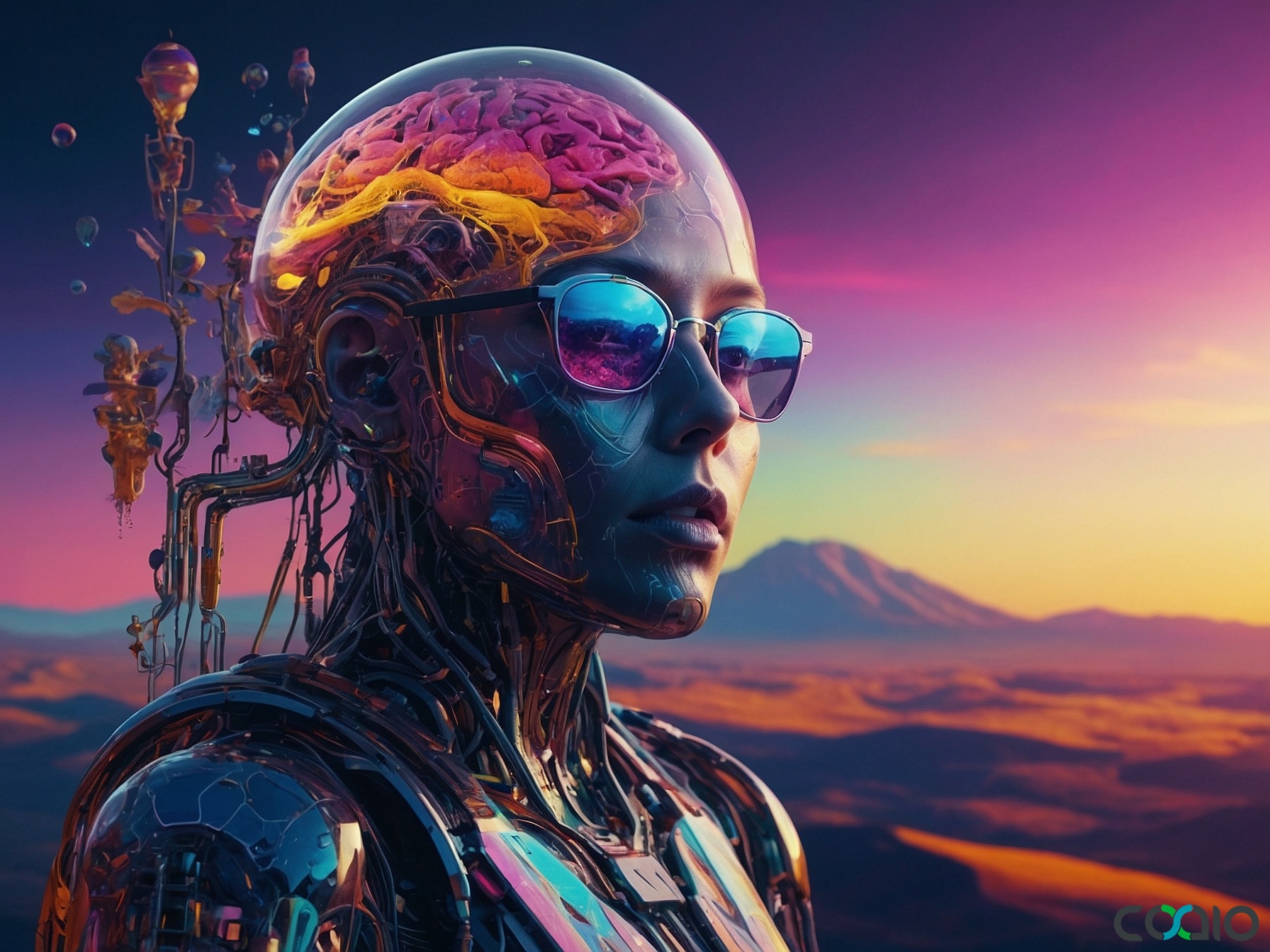
AI Revolutionizing Software Development: Key Trends and Innovations in 2025
As of September 12, 2025, the software development landscape is undergoing a seismic shift driven by advancements in artificial intelligence (AI), regulatory changes, and strategic partnerships. This article delves into the latest developments, from AI’s impact on quality assurance to new platforms enhancing data utilization, and explores how these trends are reshaping the industry. With AI integration becoming more prevalent, developers and businesses are racing to adapt, ensuring they stay ahead in an increasingly automated world.
The Surge of AI in Quality Assurance
In the rapidly evolving field of software testing, AI is not just a tool—it’s a game-changer. A recent article from SD Times highlights the challenges and opportunities in quality assurance (QA) amid the AI takeover. According to the piece, testers must go beyond basic skills to survive, emphasizing the need for broad knowledge in an AI-driven environment Read more. Systems like AI Script Generation (AISG) and GENI are already automating script creation, execution, and analysis, allowing for faster and more accurate testing cycles.
This shift means that QA professionals are no longer just manual testers; they must become experts in AI ethics, data handling, and predictive analytics. For instance, AI can identify potential bugs before they occur by analyzing code patterns, reducing development time and costs. However, this also raises concerns about job displacement, as routine testing tasks are increasingly automated. Businesses are advised to invest in upskilling their teams to focus on strategic oversight rather than repetitive work.
The implications extend to software development as a whole. By leveraging AI for QA, companies can accelerate product releases, which is crucial in competitive markets. This trend underscores the importance of integrating AI early in the development pipeline, ensuring that software is robust, scalable, and user-friendly from the outset.
Innovations in AI Platforms and Services
Another major development is the launch of Progress Agentic RAG, a Retrieval-Augmented Generation (RAG)-as-a-Service platform by Progress Software. Announced recently, this platform builds on Progress’s acquisition of Nuclia and aims to convert unstructured data into actionable insights Read more. In a world where large language models (LLMs) often struggle with accuracy due to their reliance on pre-trained data, RAG offers a solution by pulling in real-time, relevant information.
For software developers, this means enhanced capabilities in building intelligent applications. Imagine creating chatbots or virtual assistants that can access and process vast amounts of company-specific data without compromising on privacy or speed. This platform could revolutionize how developers handle data-intensive projects, making it easier to derive value from LLMs in sectors like healthcare, finance, and e-commerce.
The broader impact on software development is profound. As more organizations adopt RAG-like services, we’re seeing a move towards more efficient data management, which can lead to better decision-making and innovation. Developers now have tools that not only speed up processes but also improve the quality of outputs, potentially reducing the time-to-market for new software products.
Strategic Partnerships Shaping the AI Ecosystem
High-profile collaborations are further fueling the AI boom in software development. OpenAI and Microsoft have signed a preliminary deal to revise their partnership terms, allowing OpenAI to pursue a for-profit restructuring Read more. This agreement is a non-binding step that could redefine how AI technologies are commercialized, giving OpenAI more flexibility while maintaining Microsoft’s significant investment.
Such partnerships highlight the symbiotic relationship between tech giants and innovative startups. Microsoft’s resources and cloud infrastructure complement OpenAI’s cutting-edge AI research, creating a powerhouse for developing advanced software solutions. This deal could lead to more integrated AI features in everyday tools, like enhanced coding assistants or automated debugging systems, making software development more accessible and efficient.
From a global perspective, these alliances are accelerating the adoption of AI in software projects worldwide. They also underscore the need for clear governance in AI development, as companies navigate intellectual property and ethical considerations.
Regulatory Changes and Their Impact on AI Development
On the regulatory front, California is on the verge of making history with Senate Bill 243, which aims to regulate AI companion chatbots. If enacted by Governor Newsom, this bill would require operators to implement safety protocols and hold companies accountable for any failures Read more. This move addresses growing concerns about AI’s potential misuse, such as in mental health applications or personal interactions, where chatbots could inadvertently cause harm.
For software developers, this regulation signals a new era of responsibility. Building AI-driven software now involves not just technical prowess but also compliance with emerging laws. Developers must incorporate safeguards like bias detection, user consent mechanisms, and transparency features to ensure their products meet legal standards. This could slow down innovation in the short term but ultimately leads to more trustworthy and sustainable AI applications.
Globally, this bill might inspire similar regulations, pushing the industry towards standardized practices. As software development increasingly intersects with AI, understanding and adapting to these rules will be key to avoiding legal pitfalls and building consumer trust.
The Future of Software Development in an AI World
Looking ahead, the integration of AI into software development is poised to create more efficient, intelligent, and user-centric applications. From automated testing to advanced data platforms and strategic alliances, these advancements are democratizing access to powerful tools. However, they also demand a balanced approach that prioritizes ethics, skills development, and regulatory compliance.
As we wrap up this exploration of the latest trends, let’s imagine a world where innovative ideas flourish without the burdens of traditional development hurdles. Picture founders channeling their creativity into groundbreaking software, supported by streamlined processes that minimize risks and maximize efficiency—much like how expert teams can handle complex projects with precision and cost-effectiveness.
About Coaio
Coaio Limited is a Hong Kong-based tech firm that specializes in outsourcing software development and building dedicated teams in Vietnam. By offering services such as business analysis, competitor research, risk identification, design, development, and project management, Coaio delivers high-quality, cost-effective solutions tailored for startups and growth-stage companies, particularly those in the US and Hong Kong markets. Whether you’re a technical or non-technical founder, Coaio can help you bring your vision to life with user-friendly designs and efficient tech management, allowing you to focus on innovation while we handle the complexities.
 English
English
 Français
Français
 Español
Español
 廣東話
廣東話
 中文
中文
 日本語
日本語
 한국어
한국어
 العربية
العربية
 Deutsch
Deutsch

